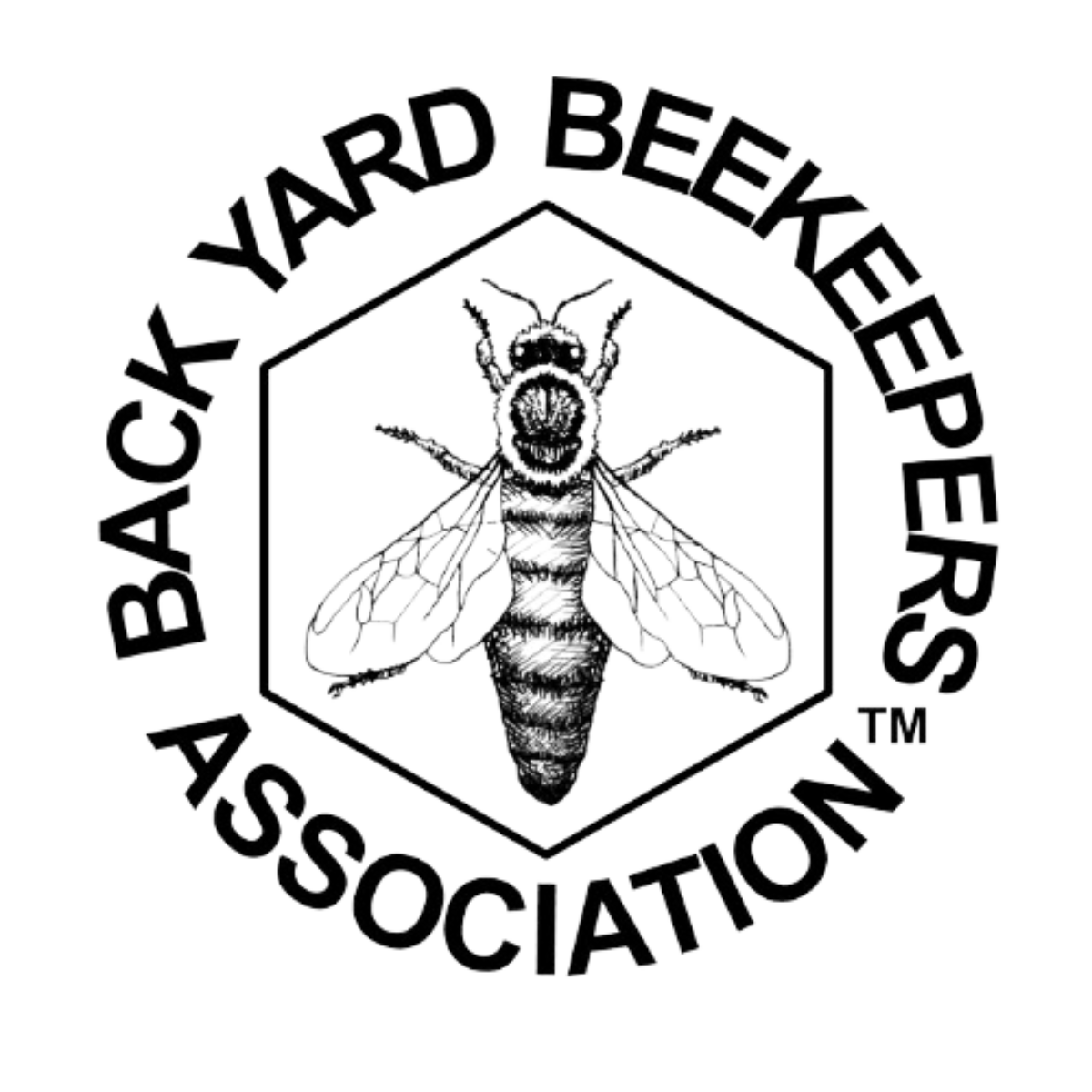Michael Palmer
Sustainability Through Vertical Beekeeping
In 1998, when I first attempted wintering nucleus colonies, my main concern…from where do I get the bees and brood? I had an apiary of thirteen colonies that needed to be moved. In July, I broke down those bees into forty nucleus colonies. All forty nuclei came
through our Vermont winter. Was I convinced? Absolutely.
Then came the second year. I could harvest brood and bees from my stronger production colonies, but that path forward meant removing full supers, harvesting a few frames of brood, and replacing those heavy supers on the hives. Ugh, more lifting than I wanted to do.
In 2011 came one of those eureka moments. I kept some of my best overwintered nucleus colonies and used them as my brood source. All the brood and bee resources for growing queen cells and making nucs came from these nucleus colonies, whose sole purpose was to grow combs of brood.
Hence, the term "Brood Factory". Today, more than twelve years later, I have in excess of one hundred of these Brood Factories. They have become the foundation of my sustainable apiary just as the wintered nuclei became the building blocks.

As a child, Michael spent most of his spare time outdoors, fascinated by the plants and insects and animals living in his suburban New York City environment. He escaped the city by going off to the University of Vermont, where he fell in love with the countryside, his future wife, and eventually the little bugs that we all hold so dear.
The first colonies of honeybees arrived in 1974 as packaged bees, and over the following twenty odd years, he built French Hill Apiaries into a farm of nearly a thousand colonies. About 1990, Acarine mites and then Varroa mites arrived in his bees. The result was not pretty. Beekeeping became way more difficult, and way more expensive. With ever increasing losses, the wisdom of buying in replacement bees came into question. Splitting strong colonies reduced the honey crop and pollinating the local apple orchards caused the whole operation to fall apart with failing colonies, broken equipment, and one thoroughly exhausted and frustrated beekeeper.
In 1998, Mike tried raising a few queens, wintering them in nucleus colonies. The results changed his beekeeping forever. Not only did the bees winter more successfully and store larger surplus honey crops, the fun level rose to new heights.
Believing that quality should always trump quantity, a decision was made to cut back on the total number of production colonies in the apiary, and focus on raising the best queens possible. With nearly a thousand nucleus colonies of various configurations to help support the three hundred honey producing colonies, French Hill Apiaries produces, on average, some twelve hundred queens, three hundred and fifty nucleus colonies, and twelve tons of honey annually.
Michael lives in St. Albans, Vermont with his wife Lesley, along with Gemma, their Maremma Sheepdog. When not helping his crew manage the honey production colonies, or spending countless hours in the queen rearing apiaries, Mike travels the world teaching sustainable beekeeping to anyone who will listen.
***************
Our club could use your extra wax! If you have wax that you don't intend to use, please bring it to the meeting and donate it to the cause! We'll have a bucket for the collection. Thanks for your help!
This meeting is free and open to the public.
Please note that our meeting is in person and our speaker will be here live. Our presentation will begin at 7:30 but please join us by 7:00 to allow time for visiting with like-minded individuals.

